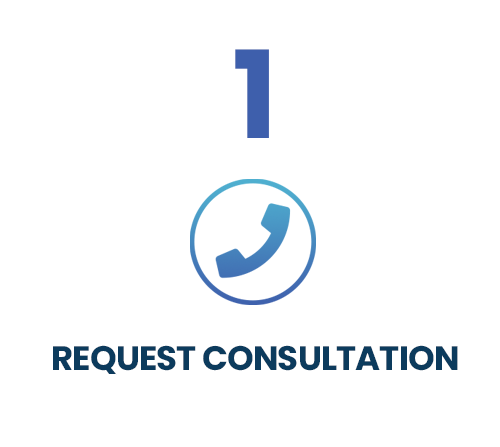Google Authoriship
In order to explain the benefits of Google Authorship, we must first discuss what it is. Google Authorship is Google’s attempt to establish authority of published content on the search engine results pages (SERPs) by linking it to an author’s Google+ profile or company’s Google+ page. In Google’s eyes, content that is claimed by an author or brand with an active, trusted, and verified Google+ account is viewed as more credible than content that is published anonymously.
What Google Authorship Can Do For Your Business
So what does this mean for your business? Higher rankings and more visibility.
Rel=Author
Google Authorship features two distinctly different markup tags which you can use to link published content to a verified Google+ account.
These markup tags are known as rel=author and rel=publisher. With the rel=author markup tag, Google links published content to the author’s Google+ profile from within the SERPs.
Confirming that Google Authorship does benefit rankings, Google’s former CEO Eric Schmidt was recently quoted as saying, “Within search results, information tied to verified online profiles will be ranked higher than content without such verification, which will result in most users naturally clicking on the top (verified) results. The true cost of remaining anonymous, then, might be irrelevance.”
One hidden benefit of Google’s rel=author tag is when a visitor clicks the back button to return to the SERPs after reading an article for an extended period of time (roughly 2 minutes), a “More by…” link will appear directly below the originally clicked link which provides searchers with more relevant articles from that author, as seen in the example above. This increases the likelihood that a visitor will click on another article published by the same author.

Rel=Publisher
The rel=author markup tag is great for building authority as an individual, whether writing content for a blog or as a contributor for a publication. However, as a business owner or marketing executive, you may be questioning how Google Authorship can benefit your company. Unlike the rel=author tag which ties individual articles to one’s personal Google+ profile, the rel=publisher tag attributes a company’s Google+ page to that company’s entire website.
When a searcher conducts a search query utilizing a company’s name and location, a page summary will show up on the right-hand side of the SERPs for that company. This summary, which takes up a good portion of the page includes the company’s logo, name, address, phone number, hours of operation, and the most recent activity on the company’s Google+ page. Some of the benefits of the rel=publisher tag include better brand awareness, increased visibility, and a visual aid on the SERPs, which helps to increase click through rates.
Though still in it’s early stages, Google Authorship will play an increasingly greater role in the near future for increasing rankings and boosting click through rates in Google organic search. So, if you haven’t already incorporated Google Authorship into your SEO strategy, now is a great time to start.




